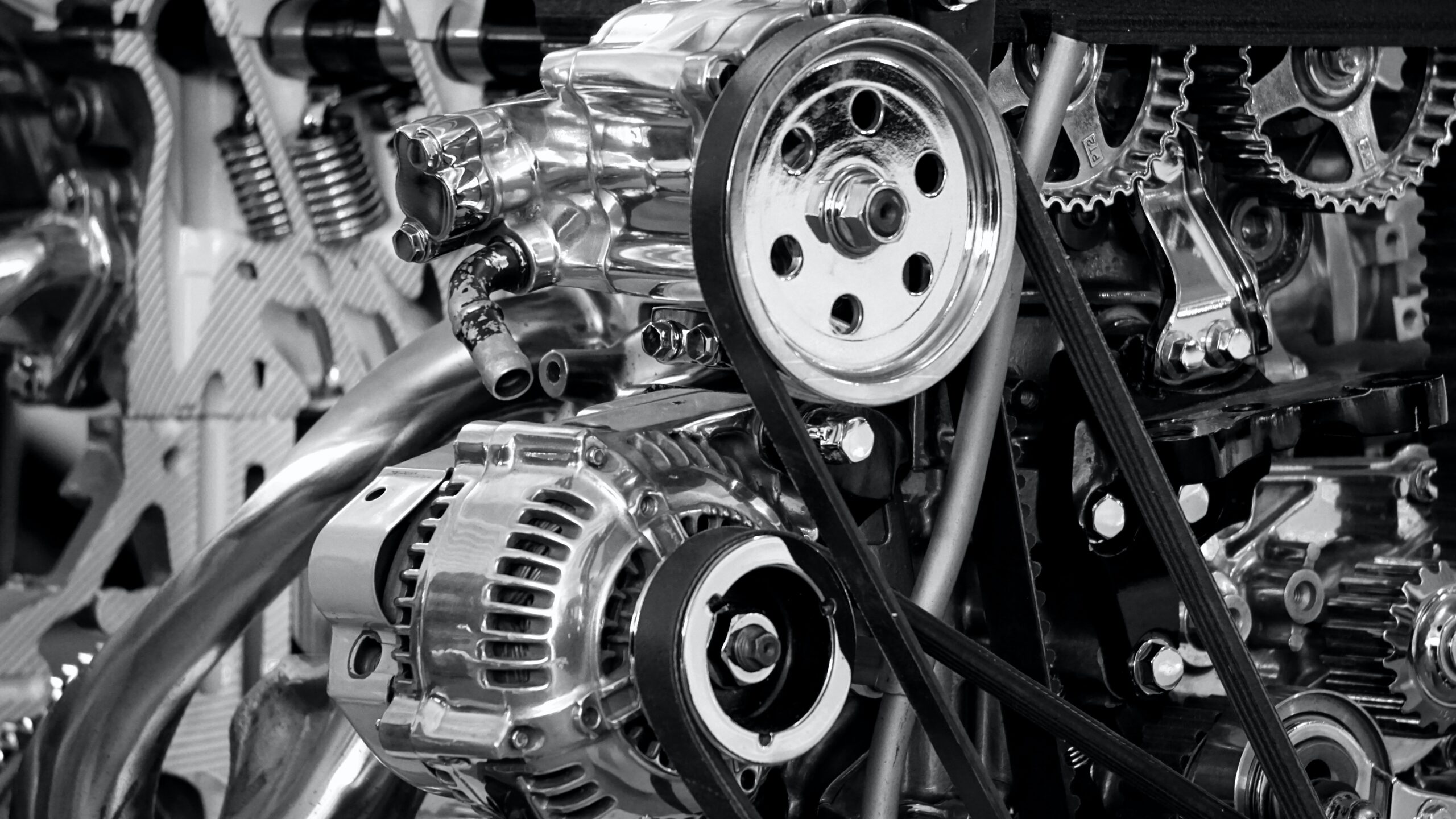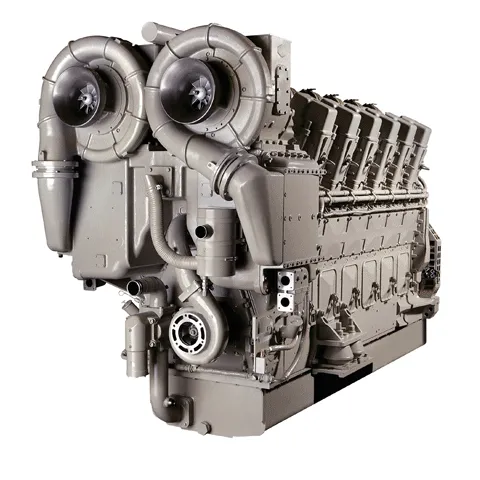Explore a Wide Variety of Engines for every single Automobile and Objective
The vehicle landscape is increasingly intricate, with a diverse range of engine types made to satisfy specific efficiency and efficiency requirements across numerous car categories. In addition, sturdy engines serve the needs of work lorries, while environmentally friendly alternatives are obtaining traction in the quest of sustainable transport.
Kinds Of Automotive Engines
Automotive engines can be classified into numerous unique types, each made to meet details efficiency and efficiency demands. One of the most usual classifications include interior burning engines, electric engines, and hybrid systems.

Electric engines, on the other hand, operate electric power saved in batteries, supplying immediate torque and absolutely no discharges. These engines are coming to be progressively popular as a result of developments in battery modern technology and the growing focus on sustainability.
Hybrid systems integrate both inner combustion and electric engines, making it possible for automobiles to optimize fuel efficiency and reduce discharges by perfectly switching between power sources. Each engine type offers its disadvantages and advantages, influencing aspects such as automobile design, intended use, and market demand. When choosing the ideal engine for their specific needs., understanding these differences is vital for manufacturers and consumers alike.
Performance Engines for Sports Cars
Performance engines for sports cars and trucks are especially crafted to supply boosted speed, agility, and power, establishing them apart from conventional automobile engines. These engines typically use sophisticated modern technologies such as turbocharging, turbo charging, and variable valve timing to optimize effectiveness and responsiveness.
Generally, efficiency engines are created with higher compression proportions, which permit higher energy removal from fuel. This results in impressive horse power and torque figures, enabling fast acceleration and greater full throttle. Furthermore, the lightweight products utilized in these engines, such as aluminum and carbon fiber, add to lowered total car weight, enhancing handling and ability to move.
Engine configurations like V6, V8, and also hybrid systems prevail in performance cars, each offering special advantages in terms of power shipment and driving dynamics. The tuning of these engines is also crucial; lots of producers maximize the engine management systems to provide an exhilarating driving experience, commonly including sport settings that readjust throttle response and gear changes.
Efficient Engines for Daily Commuters
In the realm of daily travelling, efficient engines play a crucial function in maximizing fuel economic situation and decreasing emissions while supplying reputable efficiency. As metropolitan populaces grow and environmental worries magnify, the need for vehicles furnished with reliable powertrains has actually surged.
Modern engines made for daily commuters commonly incorporate innovations such as turbocharging, straight gas injection, and hybrid systems. Turbocharging improves engine performance forcibly more air into the burning chamber, permitting smaller, lighter engines that do not compromise power outcome. Direct gas shot boosts gas atomization, leading to better combustion and increased performance.
Crossbreed engines, incorporating inner combustion with electrical power, further augment fuel economic situation, specifically in stop-and-go website traffic, where typical engines can deal with inefficiencies. Electric motors help during acceleration and can operate separately at low speeds, decreasing general gas usage.
Additionally, improvements in engine monitoring systems and light-weight products add considerably to effective engine style. By concentrating on performance, sturdiness, and environmental sustainability, manufacturers remain to deliver engines that not just satisfy the demands of daily commuting yet additionally line up with global efforts to reduce carbon impacts.
Heavy-Duty Engines for Work Vehicles
Sturdy engines for job lorries are regularly engineered to supply phenomenal torque and integrity under demanding conditions. These engines are created to perform in environments where conventional engines may falter, such as construction sites, logging operations, and agricultural setups. The main emphasis of heavy-duty engines is their capacity to generate high levels of power while preserving sturdiness over extended durations of procedure.
Commonly, durable engines make use of visit this web-site sophisticated products and robust construction methods to withstand the rigors of hefty work. Attributes such as strengthened cyndrical tube blocks, enhanced cooling systems, and see post advanced fuel shot innovations add to their performance. These engines typically run at lower RPMs, which aids to enhance gas efficiency while supplying the necessary power for carrying and lugging.
In addition to mechanical effectiveness, durable engines are often geared up with advanced digital control systems (ECUs) that take care of performance, emissions, and diagnostics. This combination allows for far better surveillance and maintenance, making sure that job vehicles continue to be operational and efficient.
Eventually, sturdy engines are an important element in the productivity of different markets, supplying the essential power and reliability to deal with the most difficult of tasks.
Eco-Friendly Engine Options
The growing emphasis on sustainability has actually resulted in the advancement of green engine alternatives that focus on reduced discharges and enhanced gas effectiveness. These engines are made to decrease the ecological influence of automobiles while still supplying the efficiency and integrity anticipated by consumers.
Amongst one of the most remarkable eco-friendly alternatives are hybrid and electrical engines. Hybrid engines integrate traditional internal combustion engines with electric propulsion, permitting lowered gas intake and reduced greenhouse gas discharges. Electric engines, on the other hand, run entirely on battery power, producing absolutely no tailpipe discharges and adding to cleaner air quality.
An additional appealing growth is the improvement of biofuel engines, which use sustainable sources, such as plant materials, to power lorries (Engines For Africa). By utilizing biofuels, these engines can minimize dependency on nonrenewable fuel sources and lower total carbon footprints

As the vehicle industry advances, environment-friendly engine options will play an essential duty in driving the shift in the direction of more sustainable transportation options.
Conclusion
The auto industry provides a varied selection of engines created to meet different car demands and purposes. From high-performance engines that improve cars capacities to effective versions prioritizing fuel economic climate for daily commuters, each kind serves a particular function. Durable engines deal with robust work automobiles, while environment-friendly options, such as electric and biofuel engines, advertise lasting transportation. This thorough range makes sure that all driving needs are addressed, contributing to developments in auto technology and environmental stewardship.
